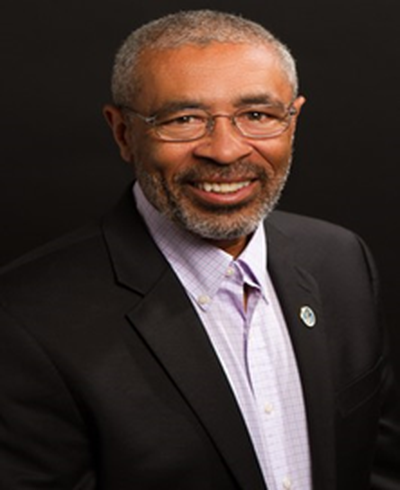I am a storyteller who’s learning to write. I want to write a column on the subject of black folks and nature. Small rural towns are still some of my favorite places. I love green spaces. The need to spend time in nature resides in my bones. My wife and I raised our four children to know and love nature.
I grew up “country.” My hometown was not much: fewer than five thousand souls, two stop lights, a few bars, lots of churches and a main street that was dead-end on both ends. It was a West Virginia railroad town with nearby operating coal mines and a paper mill. Town folk were overwhelmingly white; Jim Crow laws prevailed.
There were three black enclaves in the valley. From the town’s beginning black families settled side-by-side in the few areas where they were allowed to own property. Black families had large gardens and raised animals for food and for sale. They foraged for wild greens and berries and spent their leisure time in the mountains and on the river that runs through it.
The mountains and two-lane curvy road that feeds the valley protected us from the Civil Rights movement of the early ’60s and from the urban riots happening a hundred plus miles away. It’s not that we didn’t care what was happening outside the valley, we just wondered what all the fuss was about. We were more concerned with serving our country and the escalating war in southeast Asia.
We lived separate lives from white folks. We owned our homes and the land they sat on. We attended all-Black schools, attended all-Black churches, frequented our own night spots and when we died were buried in the town’s all-Black cemetery. We liked it that way.
I do not remember a leisure time when I was not outside – my father insisted on it. At a very young age he taught me that hunting small game and fishing was serious business. We did not hunt or fish for the sport of it. Everything shot or caught was meant for the table.
Dad’s parents and grandparents were neighbors. They lived along the river’s edge where the land was cheap and where floods were common. My great grandfather had horses and a delivery business. My grandmother’s parents raised dairy cows. Black people were crazy about their mountains and rivers. Learning to survive off the land was a right-of-passage and I loved it.
On rare occasions we would travel to Baltimore to visit family relations. They lived along the Chesapeake Bay in a place called Turner’s Station. The homes looked alike and so did everyone who lived there. It was 100% Black. Most everyone worked at the nearby factory and earned modest wages; no one owned their homes. There were large neighborhood gardens but no cows or horses. They were “city.” They made fun of their country relatives. The bay was really dirty back then, actually toxic enough to burn. I remember the water smelled bad and had a thin oily film on it at times. Turner’s Station changed overnight from Black to white; the cost of living skyrocketed. Most residents had to find housing and jobs deep in the city. There is a fancy name for what happened to them – gentrification. That did not stop my cousins from catching and eating food from it.
Once the bay was cleared of pollution the good folks in Turner’s Station were forced out.
I no longer hunt but I am a passionate fly fisherman and a fly-fishing instructor. I am an environmental activist and continue to work when and how I can to protect rivers like the Spokane and its inhabitants. I want to educate and inspire current and future black and brown environmental activists. If we don’t, it will be to our peril and to the peril of our natural world. In this column I will be edgy, confrontational and critical if the subject calls for it. I will also have some funny stories to tell. Most of all, I promise to speak my truth but not to harm. Stay tuned and please read my column.
Dr. Bartlett is a retired educator. He retired from Gonzaga University in 2007 and Eastern Washington University in 2020.
